Tag: Kansas legislature
-

Kansas spending rising
Kansas spending is rising, and will probably rise at a faster pace.
-
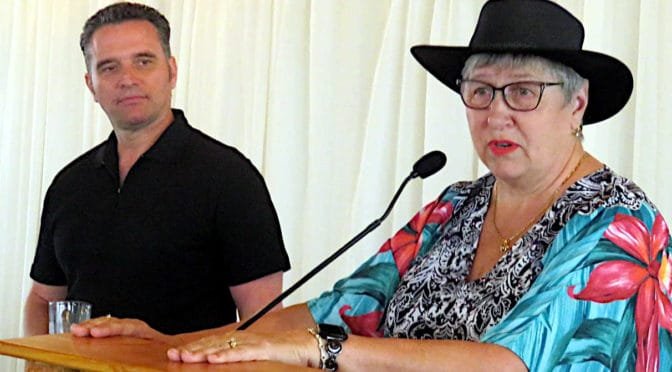
From Pachyderm: Kansas legislative wrap up
From the Wichita Pachyderm Club, a legislative wrap up featuring Representative Brenda Landwehr and Senator Ty Masterson. This was recorded May 31, 2019.
-
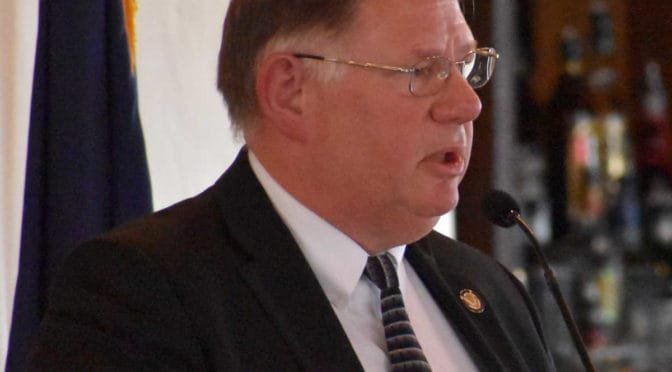
From Pachyderm: Majority Leader Dan Hawkins
From the Wichita Pachyderm Club: Kansas House of Representatives Majority Leader Dan Hawkins.
-

In Wichita, respecting the people’s right to know
The City of Wichita says it values open and transparent government. But the city’s record in providing information and records to citizens is poor, and there hasn’t been much improvement.
-

Wichita legal notices an easy start on the path to transparency
Kansas law requires publication of certain notices in newspapers, but cities like Wichita could also make them available in other ways that are easier to use.
-
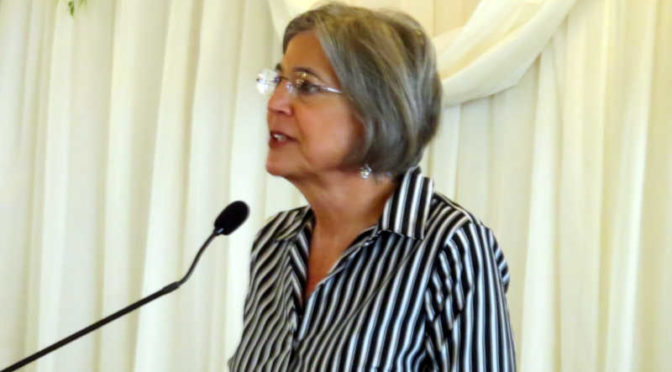
From Pachyderm: Senate President Susan Wagle
From the Wichita Pachyderm Club: Kansas Senate President Susan Wagle. This was recorded February 1, 2019.
-

From Pachyderm: Martin Hawver
From the Wichita Pachyderm Club: Martin Hawver, dean of the Kansas Statehouse press corps. This was recorded January 4, 2019.
-
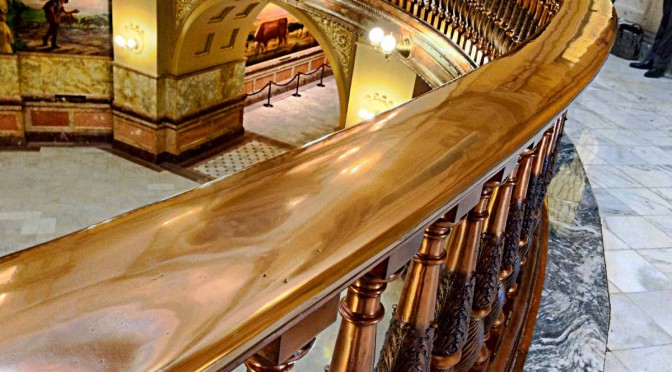
Kansas House committee assignments for 2019
From the office of Kansas House of Representatives Speaker Ron Ryckman, here are committee assignments for the 2019 session of the Kansas Legislature.
-

WichitaLiberty.TV: Kansas Representative Leo Delperdang
Representative Leo Delperdang joins Bob Weeks to discuss the recent election and the upcoming session of the Kansas Legislature.
-

WichitaLiberty.TV: Bob and Karl look at election results
In this episode of WichitaLiberty.TV: Bob and Karl look at election results nationally, in Kansas, and in Sedgwick County. Episode 217, broadcast November 11, 2018.
-
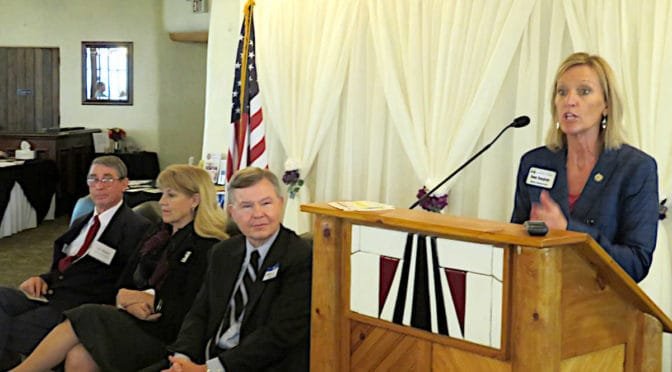
From Pachyderm: Kansas House candidates
From the Wichita Pachyderm Club: Republican candidates for the Kansas House of Representatives.
-
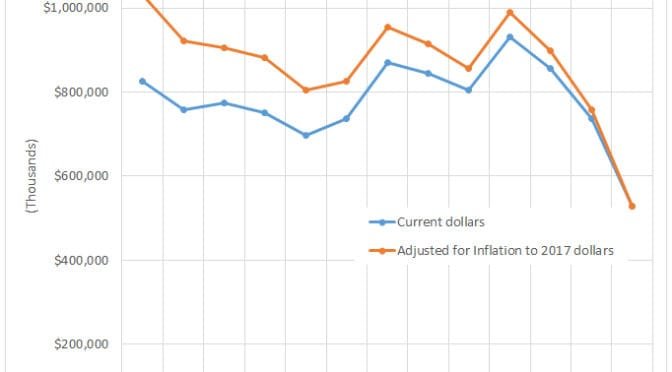
Kansas highway spending
A look at actual spending on Kansas highways, apart from transfers.